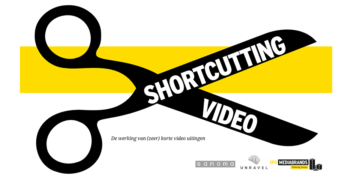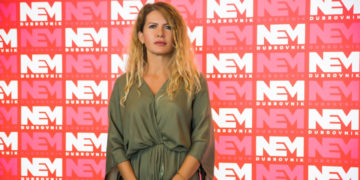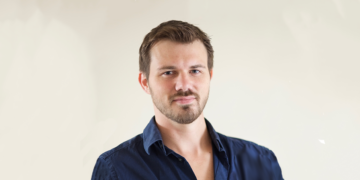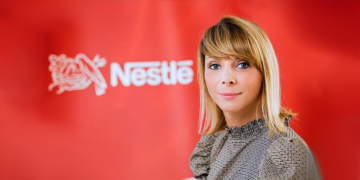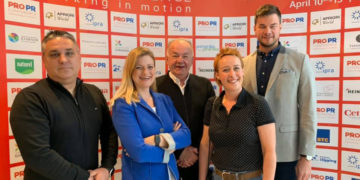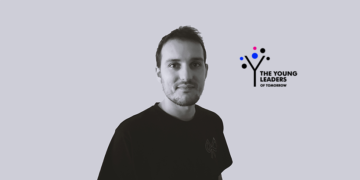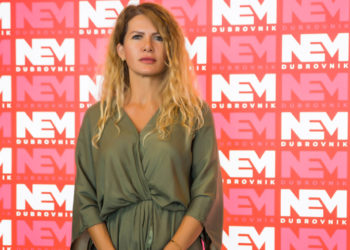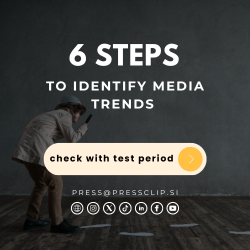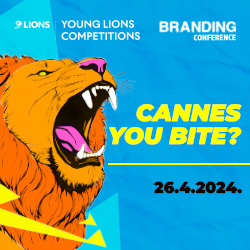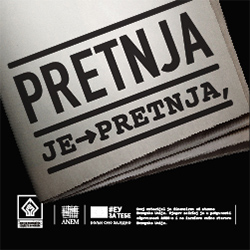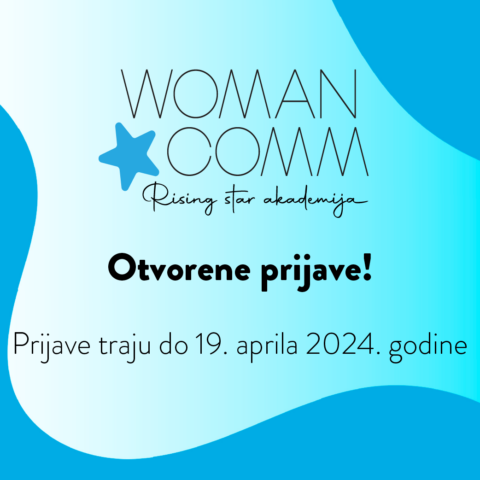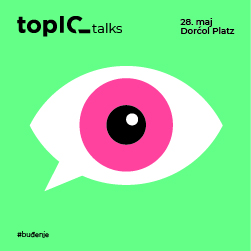Drugi jezik na kojem je dostupan ovaj članak: Bosnian
Author: Milena Garfield Trobozic, Washington
I know it sounds like a tautology or a platitude, but my claim is about art. As the world flooded with digital content for small change, it was live art, performances, concerts, spectacles that brought the real money or visibility. Which was why the major pop stars, like Madonna and Beyoncé, went back to touring during the iTunes era. If you could copy and share it, if it wasn’t a unique, once-off, live, real experience to remember, it lost its value. You consumed and then tossed it back into the depths of the internet. The artist is present, as Marina Abramović put it, was the formula for success. That artist could be an actor, pop star, film star, or writer, but their success depended on bums on seats. Live contact. Oh no!!!

Of course, that was the distant past we now refer to as B.C.: Before Corona.
Or, as we say here, before the New Era.
In the New Era, after Corona, there will be new rules for everything, even art.
I can’t say for sure, but I guess the new rule today is: If it’s live, it’s dead.
Literally as we watched, in what felt like a day, they boarded up the venues, museums, stadia, arenas: Bing, bang, and boom. Overnight, as we stood there, slack-jawed, watching it all, broadcast direct on our screens. The End!
Hold on, hold on. I’m not some sort of dystopian prophet. I didn’t say the end of art. No, I said the end of performance and of life as we know it, well, since the 18th Century, which is like 300 years already.
Of course, it may all just return to normal and audiences may rush back to performances. But, even if they do, it won’t be the same. The audiences will be smaller and there will be less money, whether it’s from the state, as in most of Europe, or donations, like in the rest of the world, or ticket sales, as for commercial events, Broadway, pop concerts, or stand up, because there’ll be fewer tickets.
Realistically, there’ll be less money to spend in the hands of fewer people. Governments and donors were already investing less in most countries. Now they’ll be preoccupied with investing in doctors, vaccines, protective equipment, procedures, and protocols. They won’t have so much time for art and culture or much interest. Art will, more or less, have to shift for itself.
The activity of Art won’t be at risk. There’ll still be museums, galleries and studios, and books will still be written. But the number of visitors, at openings and book promotions, will be down. Who wants to socialise with a mask on? You can’t sip your champagne elegantly. Who wants to listen to a masked author? And when the masks come off, will we expose ourselves to the risks of large gatherings for art’s sake?

Even when the theatres and concert halls do open, will you be rushing straight back, to bump shoulders with a crowd of strangers?
Some theatres are already taking measures. In Milan, the theatre has announced that for public health reasons they will only sell tickets for every sixth seat. Some theatres are getting ready to take out every second row to create even more distance. Which fails to get the whole point of performances: the closeness, the joint presence, and the shared experience. Performance cannot survive half-empty houses.
With films, the future’s even less certain. Film other than Hollywood blockbusters has been in decline for some time, because of Netflix and similar platforms. Audience numbers at cinemas were falling drastically by the day, even B.C., Before Corona. Auteur, independent, European films, call them what you will, they and their creators were only in the public eye at all thanks to the festivals at which they did deals and received awards, which the media wrote about them and fans flocked to in significant numbers. But this year’s festivals, Cannes, Locarno, and Karlovy Vary, have been cancelled.
The festival business model is in more danger that the performance art one, because it’s based on something else that’s endangered: travel. Festivals will inevitably transition online, as Tribeca has already. But how many people will buy tickets for such digital screenings? And at what price? Where’s the excitement, the glamor, the celebrity? Where are the hotels for participants, the parties, the photographs, the magazines, the sponsors?
In a word: Where’s the Money?
Festivals don’t live off juries, awards, or the red carpet. They live off the accompanying activities: their deals with the city, hotels, and restaurants. They promote art of course, but they are in the business of business, sponsorships, and tourism. This includes Cannes, Berlin, Tribeca, and every other festival and convention in the world. All these events depend on their reputation, the prestige of their awards, and the quality of their selection, because only prestige guarantees the presence of the biggest artists and superstars. Their live presence on the red carpet and on stage is what provides glamour, media, public interest, and better business deals with the cities, restaurants, hotels, and sponsors. A healthy ecology of interests.
Unfortunately, it’s over. Because who needs faceless stars behind masks. Where’s the glamour without pictures from the beaches, yachts, and parties? Without the countless throng in festival halls and overflowing theatres. Who’s going to travel to a festival with no interaction, or crowd where you can bump into anyone, or opportunities for business?
No, digital doesn’t interest anyone, because digital sells poorly. Which brings us back to the opening statement, there will be artists and art, even an audience, but…
No money.
There’ll be no meetups or visits except for essential ones, on screen.
We already know from the newspapers and print media in general, and film too, that the internet doesn’t do big profits based on content. Just to remind you, long ago, when we started consuming our first content on the world wide web, the word went out: All content wants to be free. And free didn’t just mean available, it meant literally free.
So, not all content on the internet is free today, but it’s a lot cheaper than the real content that came before it. You know the phrase, long tail/ small payments.
Well, a very, very, very long tail can bring in some money, but you have to have millions of followers in very, very, very, long lines, which means waiting a long time to earn any money.
As we know, the only money made online is by youtubers whose content is banal, often vulgar and trivial, easily digestible, fast and popular with the young, who have the time to log in, imitate, and share things on social media by the millions. What makes this so attractive to corporations promoting products and brands at younger age groups? Because brands love youth. And let me remind you of another fact: the internet belongs to the young.
All those actors reciting and reading to us, opera singers singing to us, classical musicians performing for us over the internet, seem a little pathetic, sad, and desperate, before the fade out. They don’t have enough followers in categories relevant to the Internet. The Internet belongs to the young, and it has millions of users. And the internet also has a dangerous ability to draw us into its bubble, and into our own personal soap bubble of illusion. You may start to believe your follower count actually matters, cos it’s so much higher on the internet than when you were amongst the living, live performers. You may even start to think that you are more popular now than when you were (a)live, that you’ve been resurrected, saved, because loooads more people are watching you: 30, 40, maybe even 60 thousand people!!!!
But that’s a rookie mistake. You’re new to the internet, as my daughter told her own father: tens of thousands of people on the internet is like a private party among friends. You need millions to mean something, to monetise it in any real sense.
Oh, and another thing: you’re working, singing, performing, and reading for those tens of thousands of people for little or no money. For you, the internet is a platform for promotion, not a source of income. But promotion of what, when everything else is behind locked doors.

The art of coding
Of course, you could sell pictures online, or books, movies, and plays, but for so muuuuch less profit. A word to the wise: Jeff Bezos didn’t get rich selling books on Amazon. No. He got rich by starting to sell toothpaste and tires, but it was mostly by using software to track his customers and distribute all sorts of product, literally from needles to haystacks, as efficiently as possible. Be clear about it. It had nothing to do with literature or people who love to read.
So, if you are planning to live off art on the internet, I strongly suggest you get familiar with algorithms and the art of coding. Because the internet’s not a great fan of recitals, per se.
As always, it’s all in the numbers, which some artists find an inconvenient truth.
Which brings us back to our opening statement: there will be no money for serious art.
There will be stalls in the open, in squares and parks.
And there’ll be exquisite and expensive and sponsored performances for the elite in an invisible billionaire’s garden or a leased gallery at the Metropolitan Museum.
And the rest of the world can get it on the internet for free.
And when its free, the artist doesn’t try too hard, and the audience’s expectations aren’t too high. Gone will be the distinguished audiences of before the New Era, willing to pay premium prices to be in the presence of renowned artists at public gatherings, concerts, shows, and festivals.
As for now, what with the masks, and not being able to see anyone, or have a relaxed chat, or exchange impressions before and after the event (and even then risking who knows what), well, I’m not sure I’d buy a ticket. The audience is afraid of itself; the audience is contagious. Is that worth your time and money? It is an expensive, dangerous gig.
Especially when there are twenty more unwatched Netflix waiting for you in the comfort of your own home, no mask need, popcorn provided.



